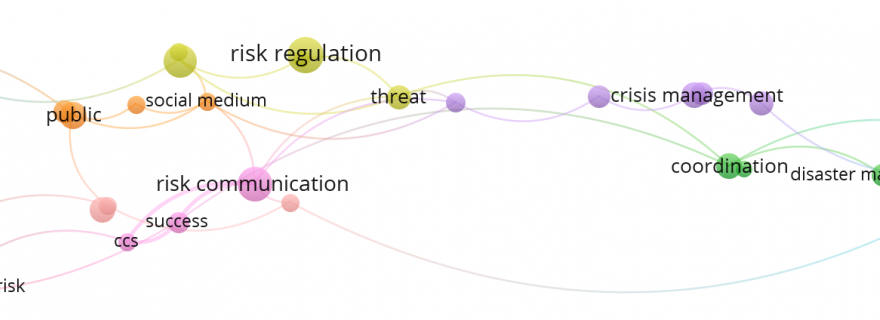Now we know!
The title of this blog was actually going to be the GI Joe response to the children exclaiming “Now we know!” in the Public Service Announcements of the eighties, but we return to that at the end. In 2018, the Dutch Research and Documentation Centre called for a comprehensive overview of the latest state of knowledge in the field of crisis and disaster management, as preparation for the future research agenda of the National Coordinator for Security and Counterterrorism and the Directorate General Police and Safety Regions. The Platform Training, Education and Governance ltd. (PLATO) and the Institute of Security and Global Affairs, both from the University of Leiden, responded to this call and created an inventory of underexposed or unexamined topics within this field, plus an overview of the available literature.
Different research methods were combined to create this overview. First, a number of databases were consulted to create excel files with the authors, titles and abstracts of relevant articles. An internally compiled database was used, based on a SCOPUS search of the key words “crisis management” and “disaster risk reduction”, and a third consisted of all articles over the past 10 years in a number of preselected relevant journals. Given that the databases overlapped with each other, each one was analyzed separately via VOSviewer, a free software tool that can identify clusters of co-occurrence terms, helping to find out what overall themes are being talked about in academic literature. One such visualization of a database analysis accompanies this blogpost. Interviews were also held with both academic experts and professionals from the practice of crisis and disaster management to find out how far initial findings corresponded with their knowledge of the field, and what gaps they could identify. Sometimes, follow-up literature was provided by these experts. These interviews were held both before and after the literature analysis. Finally, a focus group was also held to share the results, and provide a further ranking of the importance of the different themes and gaps.
The results show that the field of crisis and disaster management is very rich, there are no areas that are completely overlooked, though there is a distinction in the degree of attention paid to the different areas. However, there is strong evidence of compartmentalization: authors concentrate on their particular area of expertise, without taking a more holistic approach. There is also an abundance of single case studies, which are necessary, but for theory formation it is necessary to go beyond this.
Overall, three avenues for future research were put forward. First, there is a need for cross-cutting research involving an aggregated analysis of series of incidents and interventions. The aim of this is to move beyond the current knowledge gathered from individual evaluations, and come closer to an overarching theory / framework that incorporates all aspects of crisis and disaster management. Second, analyses of individual crises and disasters from a multidisciplinary perspective are necessary, bringing in different points of view to look at the same cases. Third, we need more insight into human processes and actions in crises and disasters. This also involves a need for very concrete scenario-like investigations into disaster types and how to deal with them.
So this brings us back to GI Joe. Now we know, and knowing is half the battle. So this research was a necessary but not sufficient condition to come to better crisis and disaster management. On the one hand, further research is still necessary into the specific fields listed above. On the other hand, that follow-up research needs to be translated into procedural changes and action on the field.
The complete report can be found here (only available in Dutch).



